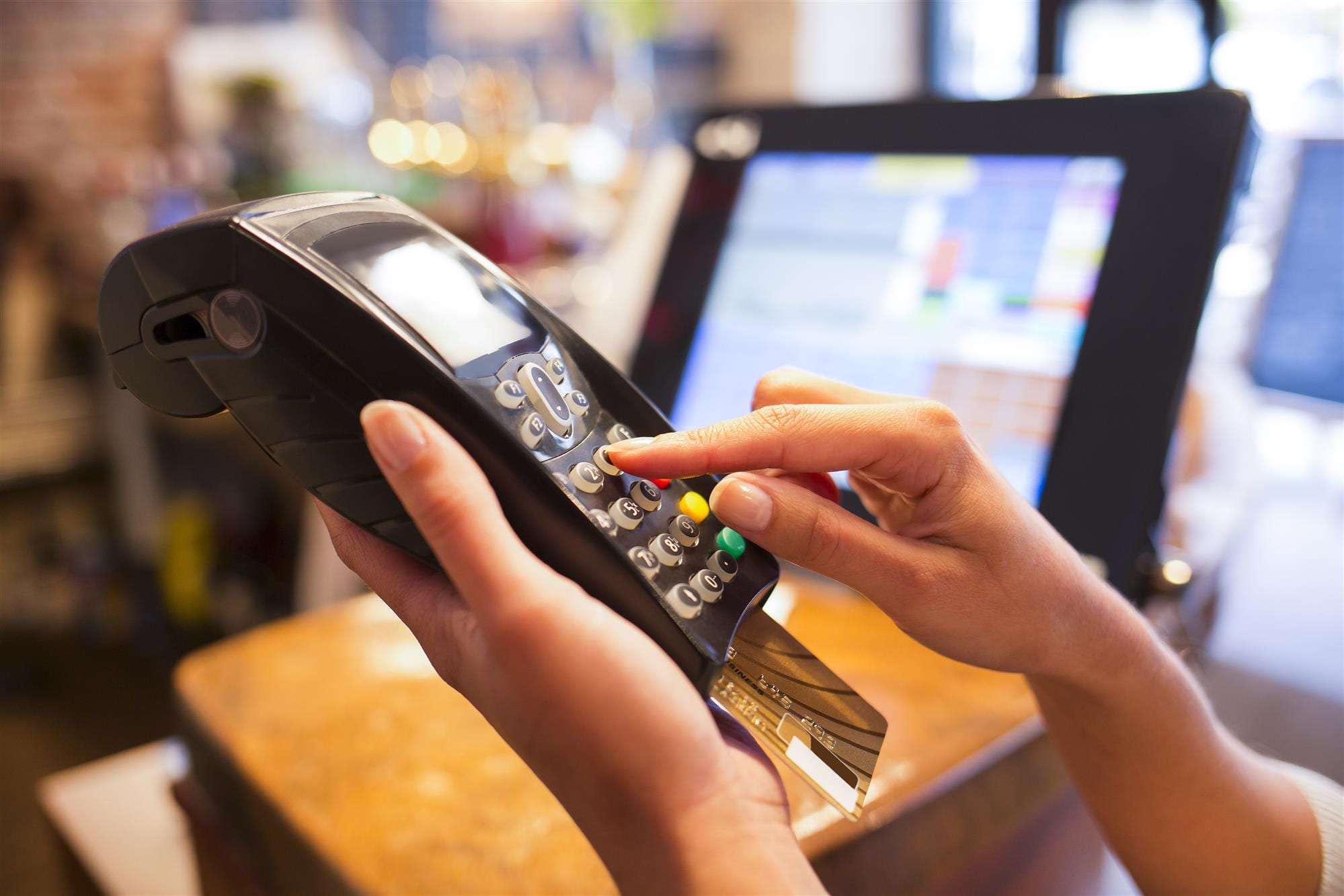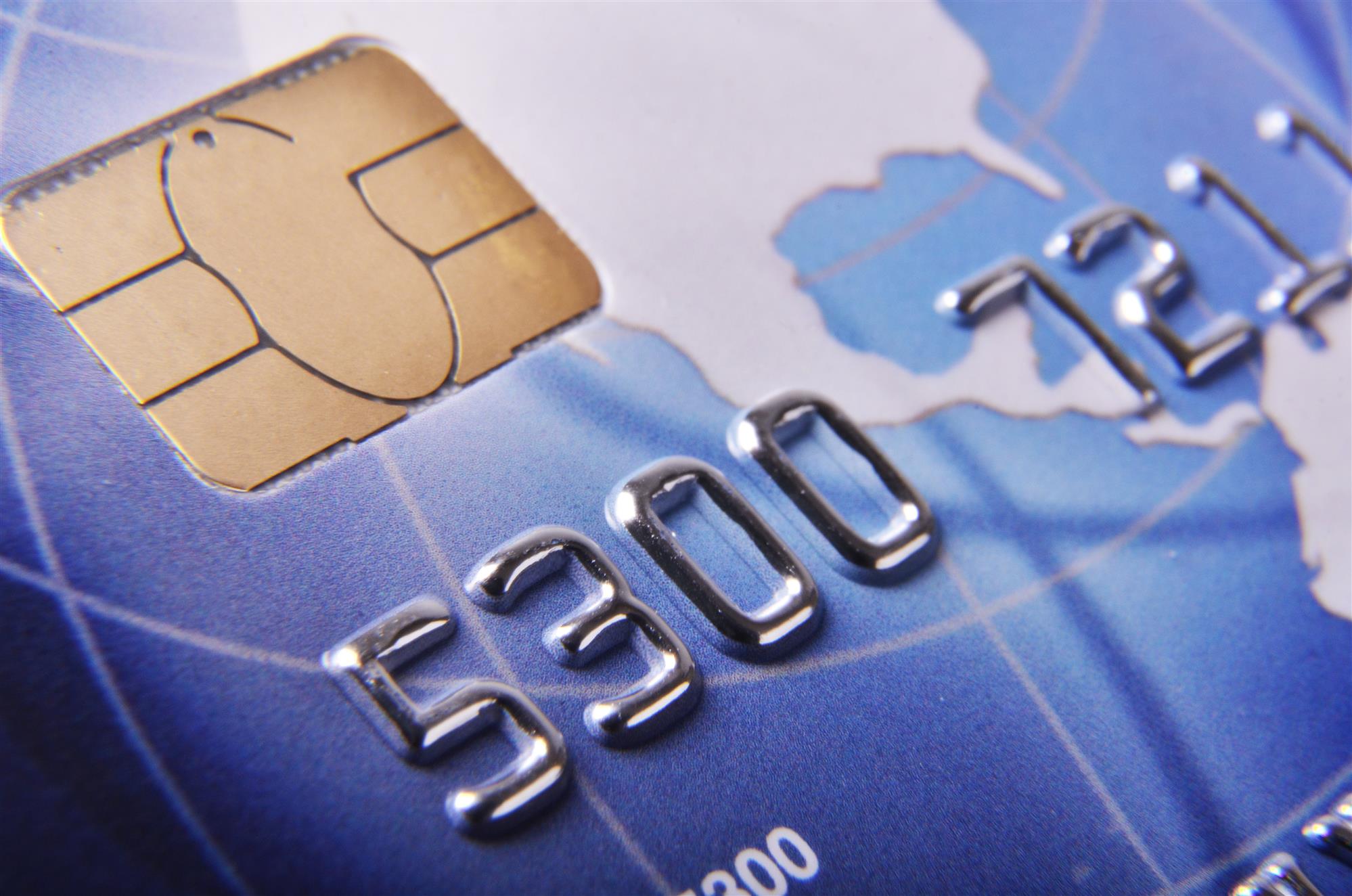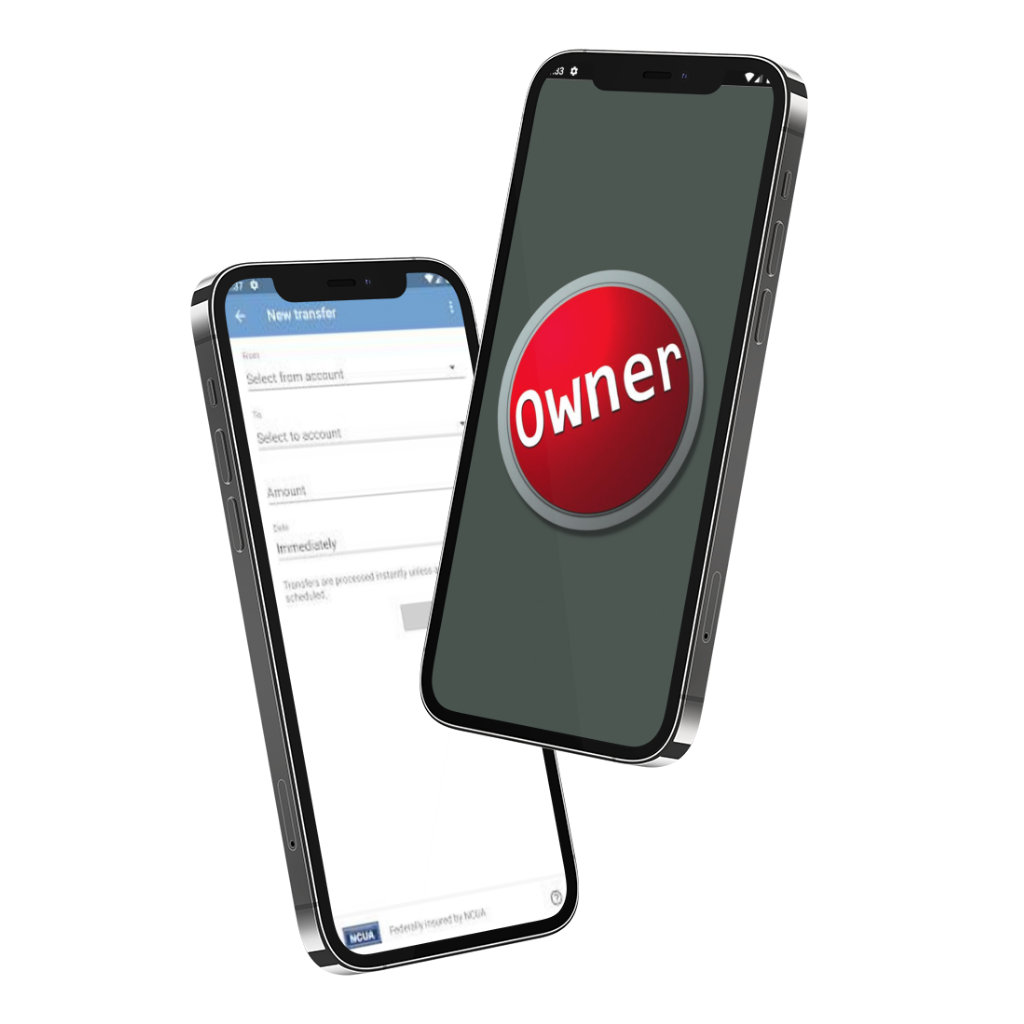By now, you should have received new credit cards and debit cards with an embedded computer chip. The computer chip was designed as a means to help reduce the risks of fraudulent transactions. The computer chip functions differently from the magnetic stripe on the back of the card and makes it more difficult to counterfeit credit and debit cards.
In the past, it was easy to clone the information on a card using a stripe reader and downloading the data onto magnetic stripes on the back of other cards. Furthermore, over a third of all credit and debit card fraud being committed was using this method. As a result, Visa, MasterCard, and Europay developed the new technology used in the new card chips.
The new chip technology makes it more difficult to commit credit and debit card fraud for in-person transactions. However, there are still merchants who have not yet converted to the new method and who are still allowing people to swipe their cards. To help protect people, you may get a call, text, or email from your credit union, bank, or credit card company asking you to verify whether swiped transactions were truly yours. Remember, your financial institution already has your personal information and would never ask you for it over the phone. Never give personal information such as your account number or social security number over the phone or in an email.
Besides addressing concerns about fraud, there are several other advantages of the new card chips to help protect consumers and retailers. First, unlike the data stored on magnetic stripes, which includes your card number, name, address, and other personal information, the computer chip generates a unique and encrypted code for each transaction without sharing personal information. In addition, the code is only valid once, and a new code has to be generated each time the card is used.

Next, consumers remain in control of their card, so it never leaves their sight. In the past, consumers would hand their card off to someone to pay for a purchase, and later discover they were the victim of fraud. Merchants using the new card chip technology should never ask for your pin number or process the transaction where you cannot see them.
Another benefit of card chips is having the option to set up unique pin codes for each of your credit and debit cards. The pin is used along with the code the chip generates to further protect consumers. If you do not have pins for all of your new cards, merchants are still able to process transactions using the card chip and your signature. However, pin-based transactions are more secure and safer.
How Does the New Card Chips Relate to Mobile Pay Apps?
For people using mobile pay apps on their smartphone, these apps incorporate several similar features. Just like the card chips, none of your personal information is transmitted during the payment process. Rather, the app creates a unique transaction token valid only once and, when combined with a pin number, is just as secure.
For more information about card chip technologies and tips for keeping transactions secure, feel free to contact The People’s Federal Credit Union at 806-359-8571.








